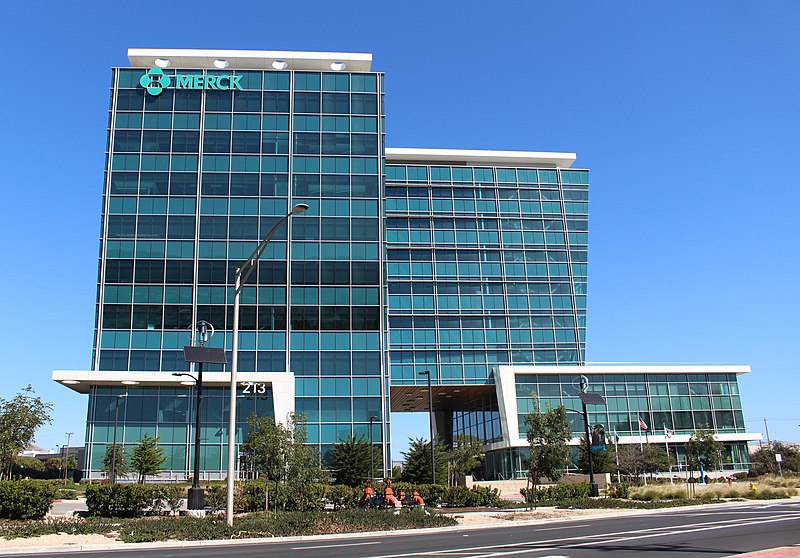Under the agreement, Proxygen will receive an upfront payment of up to $2.55bn in research, development, and commercial milestone payments in future, and is eligible to receive royalties on net sales of products emerging from the collaboration

Merck Research Laboratories in San Francisco, California. (Credit: Coolcaesar/Wikipedia)
Austria-based biotechnology firm Proxygen has signed a multi-year research collaboration and license agreement with Merck & Co, also known as MSD outside the US and Canada, to jointly identify and develop molecular glue degraders against multiple therapeutic targets.
As per the agreement, Proxygen will receive an upfront payment and is eligible for up to $2.55bn in future payments based on achieving specified research, development, and commercial milestones.
In addition, the Austrian biotechnology company is eligible to receive royalties on net sales of products emerging from the collaboration.
MSD vice president and discovery chemistry head Robert M Garbaccio said: “Advances in our understanding of molecular glue degraders are opening exciting new avenues in the pursuit of novel therapeutic mechanisms.
“We look forward to working with the Proxygen team to advance this promising area of research and evaluate new opportunities to treat disease.”
Proxygen is engaged in the discovery and development of molecular glue degraders.
Molecular glue degraders are a class of protein degraders that can modulate protein classes that are unable to be accessed through traditional drug discovery approaches.
They operate by recruiting target proteins to cellular degradation machinery through non-canonical protein-protein interactions to induce the destruction of the target protein.
Proxygen has developed a unique discovery engine that supports the specific and unbiased identification of molecular glue degraders against difficult-to-drug or completely undruggable targets at a large scale.
The company has also generated sizable knowledge and data in the discovery and chemical optimisation of degrader molecules, which is a novel modality.
In addition, it maintains strategic partnerships and collaborations with Boehringer Ingelheim and Merck to create synergies along the drug development pipeline jointly.
Proxygen chief executive officer Bernd Boidol said: “We are very excited to announce this collaboration with MSD and look forward to combining our innovative platform technology and unique expertise in identifying novel molecular glue degraders with MSD’s world-class research and development capabilities.
“This partnership provides us with the framework and resources to further leverage our platform for the discovery of new drugs against challenging targets.”
